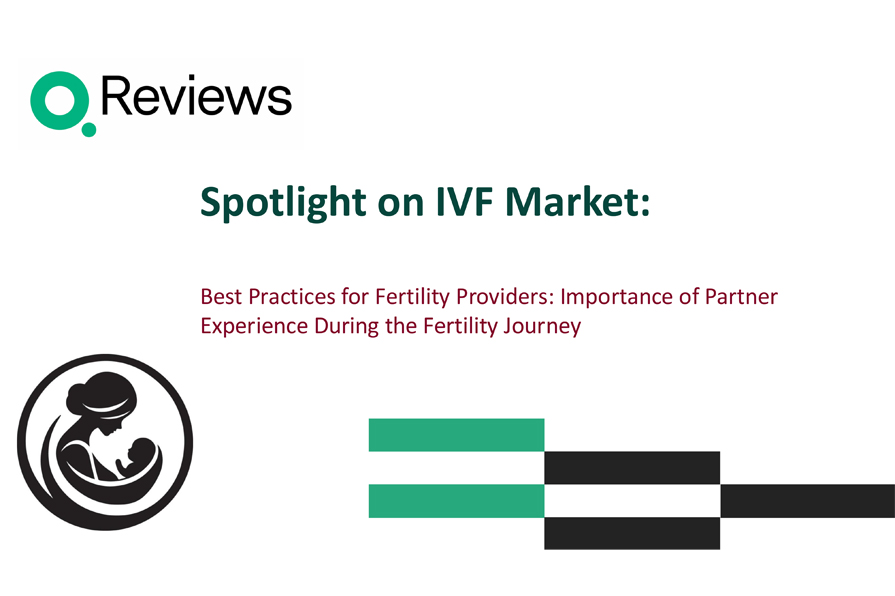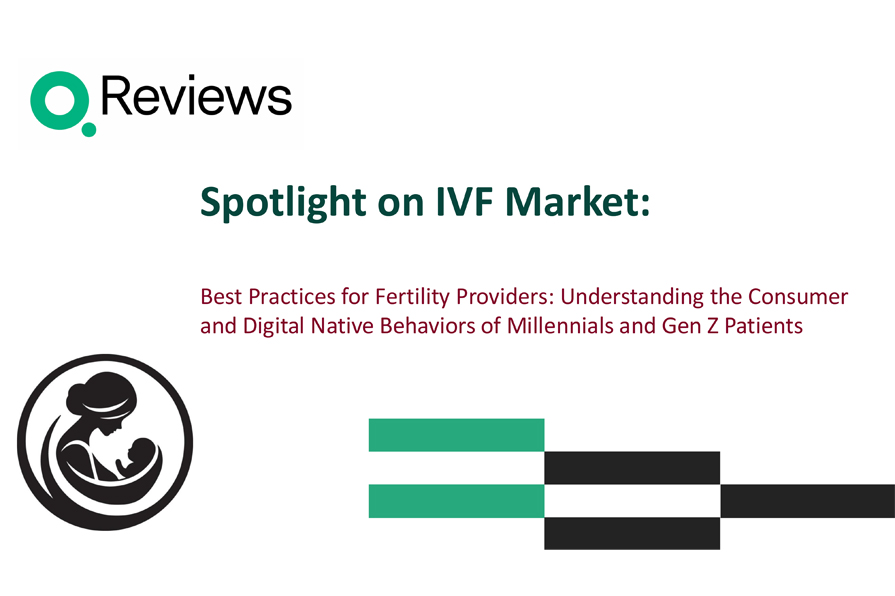
Vanderbilt & Walgreens: Delivering Great Patient Experience in Retail Healthcare Clinics

In 2017, Vanderbilt healthcare system partnered with Walgreens to offer retail healthcare clinics within their pharmacy chains. This is one of many such symbiotic relationships that have popped up in recent years, reflecting the parallels between customer service and patient experience. While the future of retail healthcare looks promising, its success depends on customer satisfaction.
Mississippi native Rob Tadlock, RN, BSN, MBA is the Director of Operations for Vanderbilt Health Clinic at Walgreens. With his nursing background, it makes sense that he would oversee operations for one of the largest US pharmacy chains. His presence speaks to the progression of modern retail healthcare. He talks with our CEO and cofounder Edward Shin, MD about what traditional healthcare can learn from this innovation.
It’s All About Convenience
Pharmacies have operated in the patient experience space for ages, providing customer service and addressing some health concerns, typically by offering counseling about medications. Now, they face unique opportunities and limitations. Tadlock explains that patients in these settings act as customers, expecting an experience that many emergency departments and traditional healthcare clinics are unable to offer. Not only that, but in less time — even when they need a higher level of care or a primary care visit.
“There is no quick hospital visit,” Tadlock explained.
While space may limit how many services an urgent care clinic can offer, they often work well and are preferred by patients. After all, convenience is key to patient experience. Their existence often reduces ER volume, since many people have relied on them for basic healthcare needs.
However, quite often, people walk in requesting a certain prescription instead of an evaluation or treatment. Tadlock compares it to the Dollar Menu at McDonald’s — fast and easy. While that expectation is quite unrealistic, the perception of how their visit should go is different. They may receive the same care they’d get at an ER, but they value the convenience factor.
Covid-19 has further changed things, with text messaging allowing for easy appointment scheduling and cutting down on waiting times. Tadlock says that every clinic now has a cell phone to schedule and confirm appointments, and the follow-up text messages help patients seamlessly rate the services they receive. Overall, customer satisfaction has been overwhelming, suggesting these practices may be here to stay.
What does the future hold for retail healthcare ?
Growth opportunities abound for these retail healthcare clinics, but healthcare systems may have to evolve with the direction of the industry. There is a lot to learn from healthcare retail medical clinics, but Tadlock explained that the main thing that matters is focusing on the care of the patients. He also recommended focusing on hiring quality candidates who keep customers coming back.
“It comes down to what’s best for the patients,” Tadlock states.
The future of retail healthcare looks bright. In the years to come, Tadlock predicts that even more retailers will swoop into the space, working with hospital systems like Vanderbilt to simplify and modernize the healthcare space.








